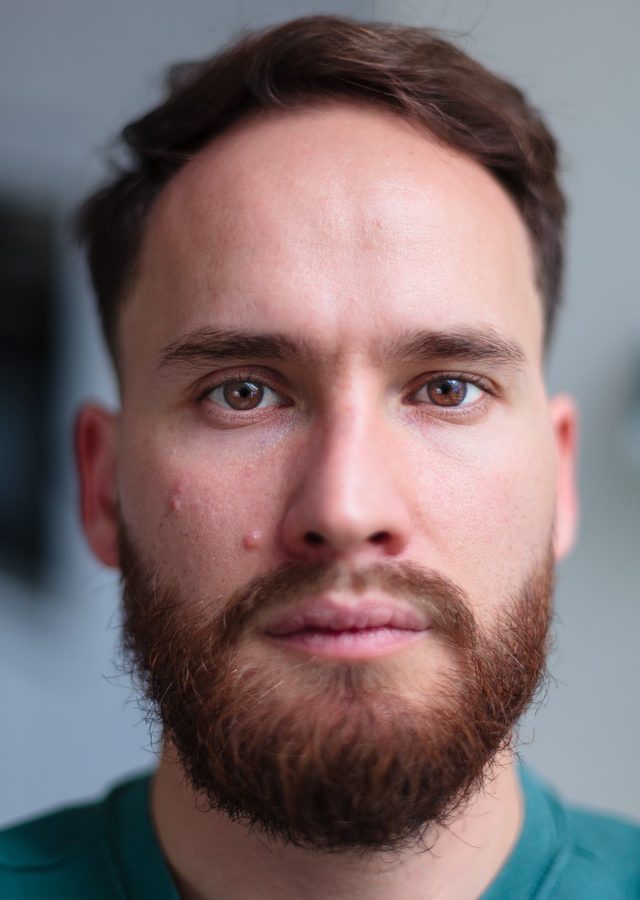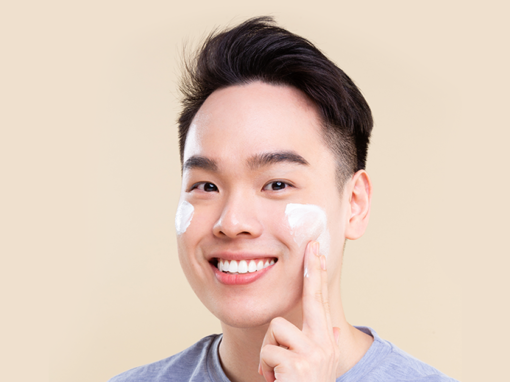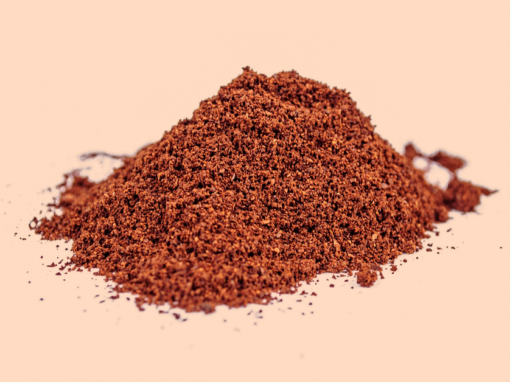Changes in the hormones have a direct impact on oils released in the body. Hormonal acne typically appears on the lower parts of the face, jawline, nose and chin.
Hormonal acne in men is linked to the overproduction of sebum, an oily substance in skin glands. This causes clogged pores leading to pimples and breakouts.
What causes hormonal acne in men?
About 85% of men deal with acne during their teenage years due to excess sebum, while some experience it in their adult years. Dermatologists call it, “adult-onset acne.”

Male Acne in 20s & 30s
This is especially true during the early puberty and teenage years, as there is a surge in testosterone levels. This increase in testosterone causes oily skin, which often ends up showing as acne.
For many men, the problem naturally disappears as they grow out of their 20s and the hormone levels start to settle out. However, for some, the problem extends to their 30s and beyond and might need a dermatological treatment.
Do high levels of testosterone trigger acne?
Yes, high testosterone levels in men may contribute to acne by increasing the production of sebum. Sebum is a wax-like oily substance produced by the sebaceous glands under the skin. When this excess sebum collects near the hair follicles, it may lead to acne.
How to treat hormonal acne in men?
There is no immediate solution to avoid breakouts. However, there are certain options that can help one get rid of it effectively and faster:
1. Topical treatments
Salicylic acid or benzoyl peroxide help in improving mild acne. While the former works best for treating blackheads and whiteheads, the latter is an effective OTC treatment for red, pus filled pimples. Both ingredients work by removing the excess oil and dead skin cells and killing the acne causing bacteria.
2. Anti-androgen drugs
Spironolactone can stabilize testosterone levels and decrease sebum production.
3. Choose suitable acne products
Select a product that contains ingredients like azelaic acid, niacinamide, tretinoin.
Research suggests that azelaic acid is more effective at fighting acne and inflammation.
Anti-acne creams work towards restoring your skin’s surface back to its pre-acne stage. They usually work by increasing the cell turnover on the skin by removing the dead cells and opening up the pores, thereby clearing the trapped bacteria that may cause acne.
4. Adopt a good cleansing routine
Adopting healthy habits like below can help reduce acne:
- Use a gentle, non-abrasive cleanser while washing your face.
- Shave your face downward to avoid ingrown hair.
- Use warm water and be gentle while scrubbing the skin.
- Do not pick at the pimples on your face. This only exposes your pores which are more prone to bacteria that make your acne worse.
- Try using water-based products for makeup as it doesn’t clog pores.
- Avoid going to bed with makeup or cosmetics.
Does hormonal acne go away on its own?
Acne doesn’t go away on its own but it can be controlled with the right products etc. Speak to a doctor today.
Conclusion
Hormonal acne is a very commonly observed skin condition in men. However, the good news is that it can be easily and effectively controlled with the right treatment and skincare routine.
Speak to our team of medical experts to create a skincare routine that works for you.
The article is a part of our comprehensive series on “Acne in men”


